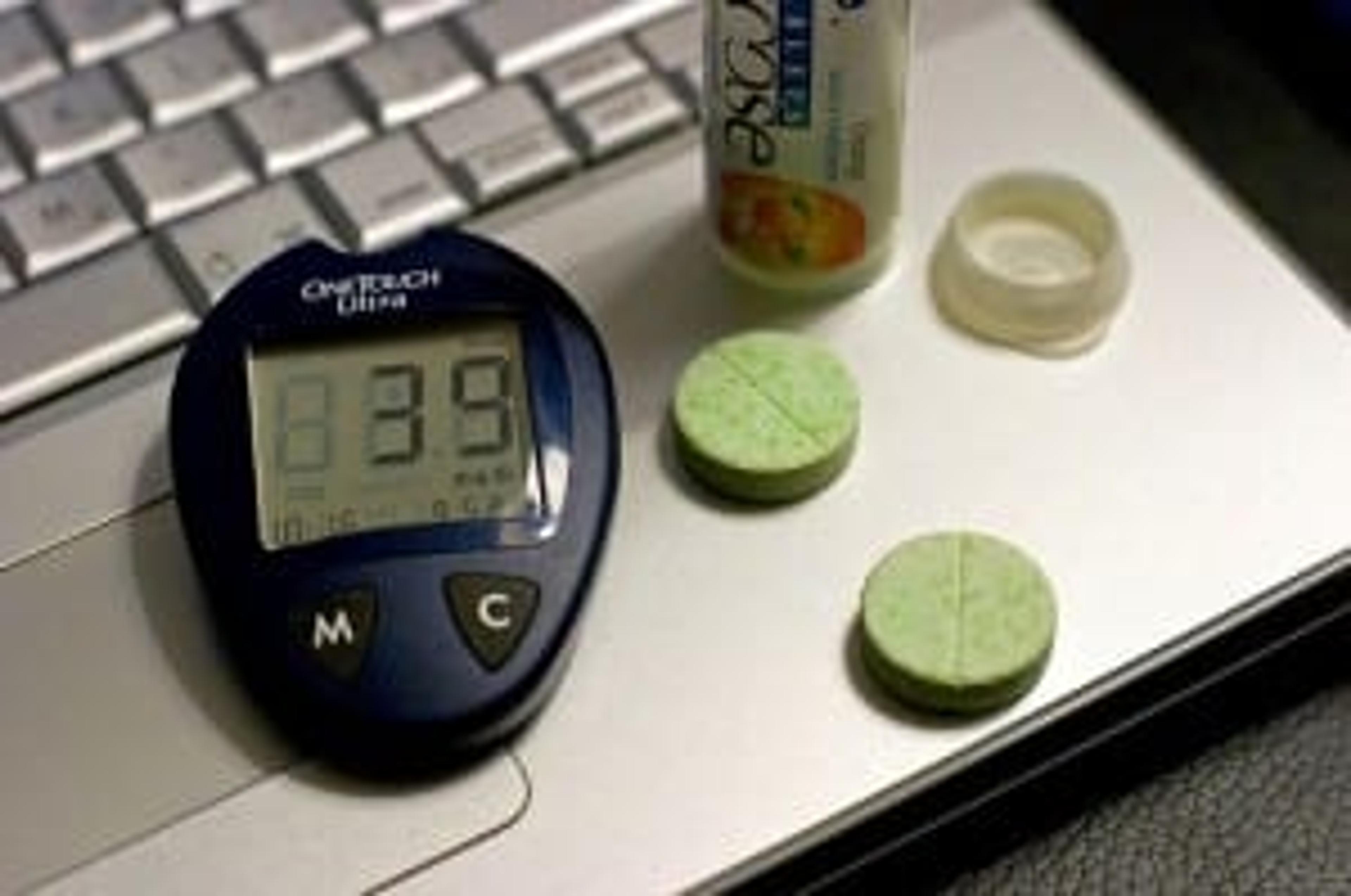Fighting Low Blood Sugar
Registered Dietician
| 3 min read

Although most discussions about diabetes management is centered around what to do if your blood sugar levels get too high, it is equally important to understand the risks of hypoglycemia, or low blood sugar levels.
Our bodies create insulin in order to prevent our blood sugar levels from getting too high after consuming carbohydrates. But beware – excessive insulin production in the body can occur, especially if you are overeating carbs and simple sugars, like desserts. This in turn can lower your blood sugar levels below the normal range, causing you to develop hypoglycemia. The good news is your body is smart enough to recognize this drop in blood sugar and you will most likely develop some symptoms, including:
- Dizziness

- Fatigue
- Shakiness
- Rapid heartbeat
Low blood sugar can happen to anyone, diabetics and non-diabetics alike. However, it is especially important for diabetics to monitor their blood sugar levels. Like stated above, low blood sugar levels can be caused by extra production of insulin or by not eating often enough, therefore having a lack of blood sugar. Have you ever felt “hangry” (hungry to the point of anger or irritation)? This is also a symptom of hypoglycemia, especially to a non-diabetic.
Don’t wait for these symptoms to develop before you take action. Simple changes in your diet and lifestyle can go a long way in your fight against hypoglycemia. You want to think about the timing of your meals, your portion sizes and becoming carb consistent throughout the day.
If you are having a hypoglycemic episode as a diabetic or diagnosed with hypoglycemia you want to do the following:
- Test your blood sugar. If it is low, less than 70mg/dl, then you have low blood sugar. However, some people may have the symptoms of hypoglycemia even when their blood sugar is higher than 70mg/dl. This occurs usually in diabetics that have out of control high blood sugars, so then maybe a blood sugar of 100mg/dl, for example, may feel low to them.
- Eat a “fast-acting” carb snack of 15grams of carbohydrates, like 4 ounces of juice or a glucose tablet.
- Test your blood sugar again 15 minutes later to make sure it is rising.
- Eat another snack that includes complex carbs and protein to help stabilize your blood sugar. This will help you avoid a roller coaster of blood sugars for the rest of the day.
In order to fight hypoglycemia it takes more than just a healthy diet. A healthy lifestyle is just as important. Be sure to eat regularly throughout the day, count your carbs and measure your portions. Incorporating a regular exercise program into your day can help stabilize blood sugars and help with weight loss goals.
Stay tuned to AHealthierMichigan.org the rest of the month for more content on National Diabetes Awareness Month. And check us out on our Facebook, Twitter and Pinterest pages for your chance to win some great prizes!
Why We’re Celebrating National Diabetes Awareness Month
While researchers are still studying links between gum disease and diabetes, there’s no doubt that taking care of your teeth is critical and scheduling regular checkups can help identify symptoms of diabetes. Blue Dental (SM) and Blue Vision (SM) believe good dental and vision health are just good sense – and can possibly lead to a proper diagnosis of diabetes and a host of other ailments and diseases.
Photo Credit: A Healthier Michigan





